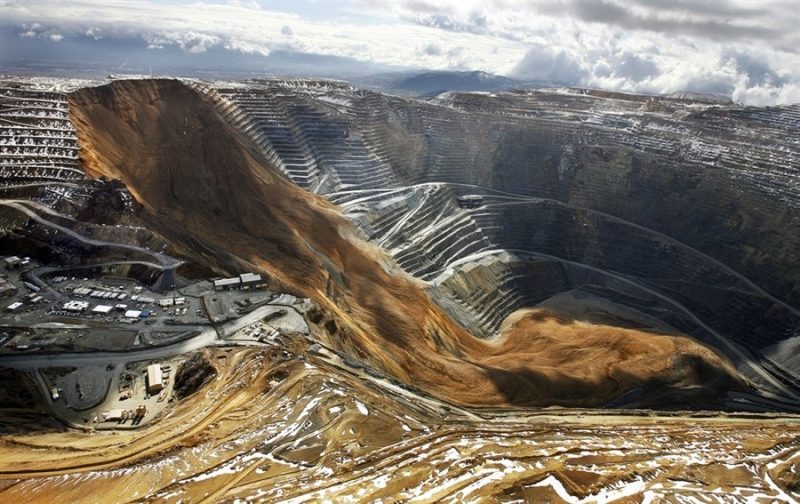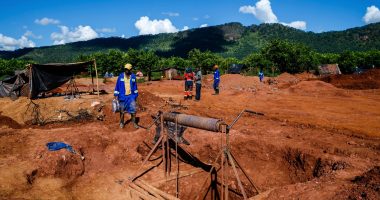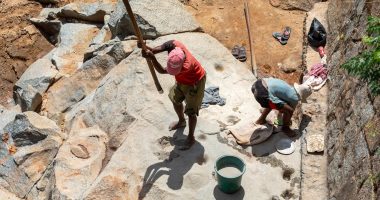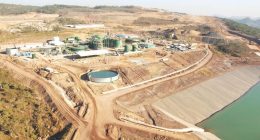Nigeria is emerging as a potential key player in the global mining industry, but the path to realizing its potential has been both challenging and promising.

One story highlighting this shift is of a small-scale gold miner in Osun State, who was initially reliant on basic, manual tools. Recent government-led exploration identified richer gold deposits in the region, prompting companies to offer local miners more advanced equipment and partnerships. This has transformed the outlook for miners like him, moving them from subsistence work to becoming integrated into a larger mining industry. Osun, with its substantial gold reserves, is now attracting international investment and looks set to become a significant mining hub.
In Zamfara State, the story has been more complex. Known for its gold deposits, the region has experienced tragic incidents tied to unregulated artisanal mining, such as the 2010 lead poisoning outbreak that claimed the lives of hundreds of children. Since then, the government has intervened to promote safer, regulated mining operations, granting formal mining licenses to reduce the dangers posed by informal mining. With these reforms, Zamfara’s mining sector holds the potential for economic transformation, but long-term planning and sustainability are critical to avoid repeating past mistakes.
Nigeria’s mining sector is currently seeing a surge in exploration, with over 250 new exploration licenses issued in the past three years. The discovery of large deposits of minerals such as iron ore, tin, and columbite has generated significant interest. A crucial aspect of unlocking these resources is the need for improved infrastructure—particularly railways and energy systems—that can support large-scale mining operations. For example, the government’s recent efforts to revitalise the Ajaokuta Steel Complex are key to processing the estimated 2 billion tonnes of iron ore in the country. If successful, this could reignite Nigeria’s steel industry, reduce dependence on imports, and boost industrial growth.
Global trends, especially the growing demand for minerals used in electronics and batteries, position Nigeria strategically. Tin, a once-major export before the oil boom in the 1970s, is now seeing renewed interest as it becomes essential for modern clean energy technologies. This makes Nigeria an appealing investment destination for those looking to capitalize on the global shift toward sustainable energy.
With growing international attention, supportive government policies, and ongoing exploration, Nigeria’s mining sector seems set for significant growth. However, balancing resource extraction with environmentally sustainable practices will be key to unlocking its vast mineral wealth responsibly.













